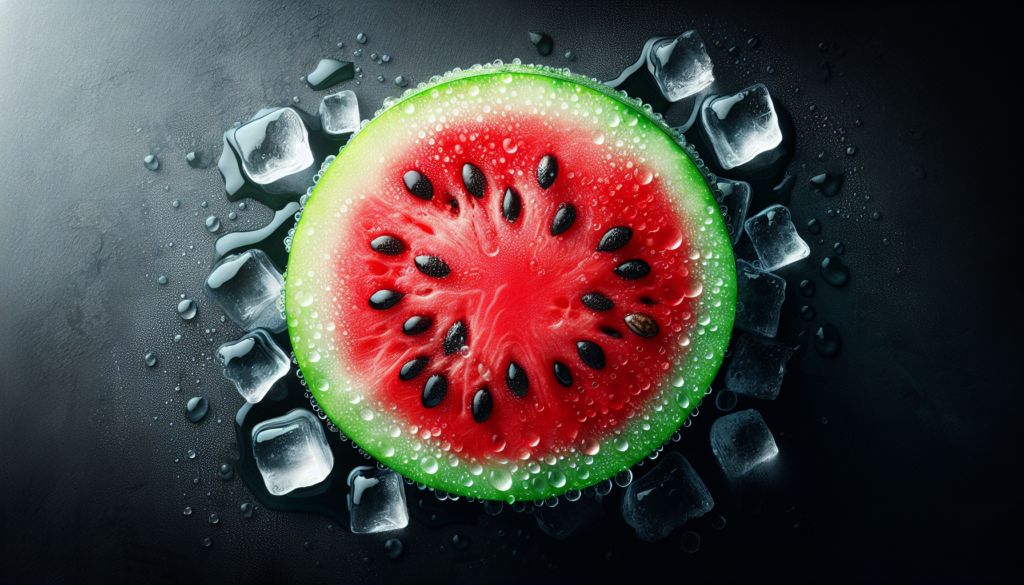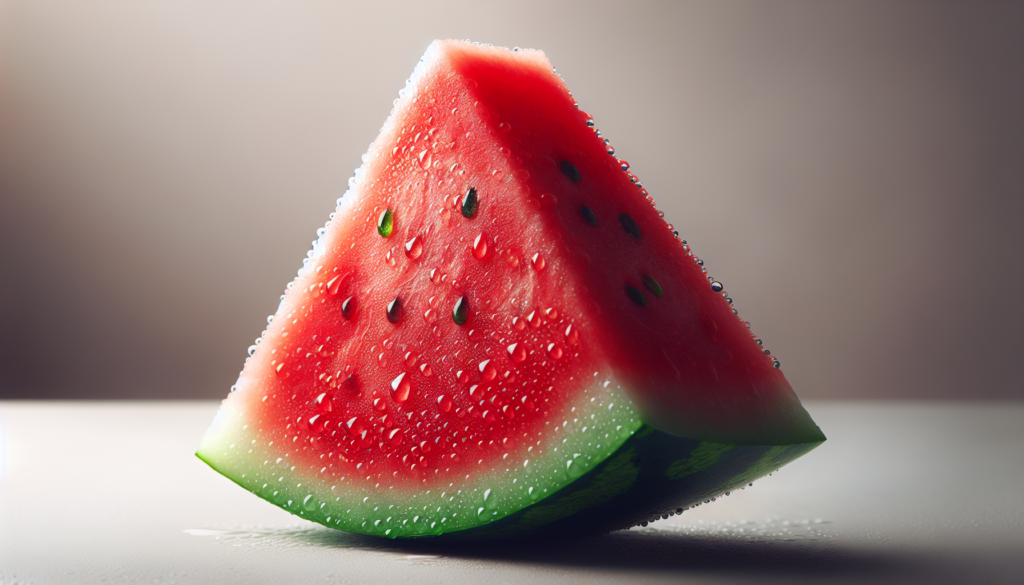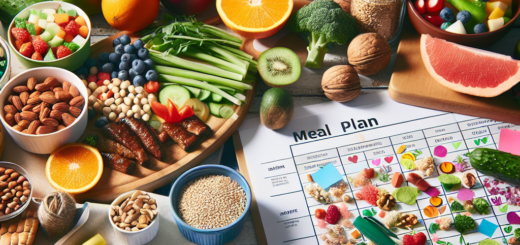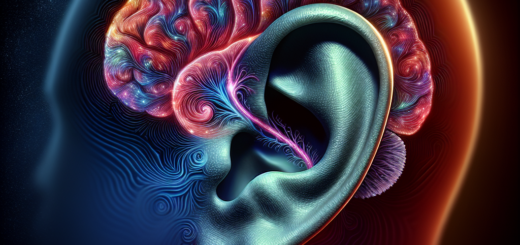Why is it important to stay hydrated?
Staying hydrated is crucial for our overall well-being. The human body relies on water to function optimally, and without proper hydration, various bodily processes can be compromised. From regulating body temperature and supporting digestion to maintaining healthy skin and aiding in nutrient absorption, the benefits of staying hydrated are numerous. In this article, we will explore the importance of hydration and its impact on your overall health.
Importance of staying hydrated
Function of water in the body
Water is an essential component of our bodies, making up about 60% of our total body weight. It serves several critical functions in our body, including:
-
Transportation of nutrients: Water helps in the transportation of nutrients to our cells, allowing them to function optimally. It aids in the absorption and digestion of food, ensuring our body gets the necessary substances to generate energy.
-
Regulation of body temperature: Water is a key player in keeping our body temperature stable. It helps us cool down through sweat evaporation when we’re too warm, preventing overheating and potential heat-related illnesses.
-
Lubrication and cushioning: Water acts as a lubricant for our joints, helping them move smoothly. It also cushions vital organs such as the brain, spinal cord, and fetus during pregnancy.
-
Waste removal: Water plays a vital role in eliminating waste products from our body. It helps flush out toxins through urine and aids in maintaining healthy bowel movements, preventing constipation.
Water balance in the body
Our body constantly strives to maintain water balance, ensuring that the amount of water going into our body is equal to the amount going out. Water balance is a delicate equilibrium that affects various bodily functions.
When our water intake doesn’t match our water losses, we may become dehydrated. Dehydration occurs when more water is leaving the body than entering it, leading to an inadequate amount of water for essential bodily functions.
Signs of dehydration
Recognizing the signs of dehydration is crucial in maintaining optimal health. Some common signs of dehydration include:
-
Thirst: Feeling excessively thirsty is one of the first signs of dehydration. It’s the body’s way of signaling that it needs more water.
-
Dry mouth and lips: When you’re dehydrated, your mouth and lips can become dry, which can be uncomfortable and affect your ability to speak and eat.
-
Fatigue and dizziness: Dehydration can result in lowered blood volume, leading to reduced oxygen and nutrient delivery to your cells, causing fatigue and dizziness.
-
Dark urine: Urine color can be a helpful indicator of hydration status. Dark-colored urine is often a sign of dehydration, while light-colored urine suggests adequate hydration.
-
Dry skin and reduced skin elasticity: Dehydration can manifest as dry, flaky skin and reduced skin elasticity. When you pinch the skin on the back of your hand, it should quickly bounce back to its original position. If it takes longer, it could indicate dehydration.
-
Headaches and difficulty concentrating: When dehydrated, you might experience frequent headaches and difficulty concentrating. Proper hydration is essential for optimal cognitive function.
Benefits of staying hydrated
Regulation of body temperature
Maintaining proper hydration helps regulate body temperature, especially during strenuous physical activity or when exposed to high temperatures. By sweating, our body cools down when the sweat evaporates from the skin’s surface. Without adequate water intake, it becomes challenging for our body to regulate temperature, increasing the risk of heat-related illnesses like heat stroke.
Promotion of cardiovascular health
Staying hydrated is crucial for maintaining a healthy heart and overall cardiovascular system. Sufficient water intake helps maintain proper blood volume, ensuring adequate circulation and nutrient transport throughout the body. Proper hydration also aids in keeping blood pressure within a healthy range, reducing the risk of hypertension and associated cardiovascular diseases.
Improvement in physical performance
Hydration plays a significant role in optimizing physical performance. During exercise, water helps maintain adequate blood flow to the working muscles, improves oxygen delivery, and regulates body temperature. Dehydration, even in its mild form, can lead to decreased endurance, reduced strength, and impaired exercise performance. Ensuring proper hydration before, during, and after exercise can help maximize your physical performance.
Enhanced cognitive function
Staying hydrated is not only important for physical well-being but also for cognitive function. The brain heavily relies on proper hydration to function optimally. Studies have shown that even mild dehydration can affect mood, memory, attention, and overall cognitive performance. By staying hydrated, you can improve your focus, mental clarity, and overall cognitive abilities.
Aid in digestion and nutrient absorption
Water is essential for proper digestion and nutrient absorption in our body. It helps break down food and assists in the movement of nutrients through the digestive system. Insufficient water intake can lead to digestive issues like constipation, as water helps soften the stool and facilitate its passage through the intestines. By staying hydrated, you can support a healthy digestive system and ensure efficient nutrient absorption.
Support for kidney function
The kidneys play a vital role in filtering waste products from the blood and producing urine. Adequate hydration helps ensure optimal kidney function by helping to remove waste products and toxins from the body. When dehydrated, the kidneys may not function at their best, potentially leading to the formation of kidney stones and urinary tract infections. By staying hydrated, you can support proper kidney function and reduce the risk of kidney-related issues.
Promotion of healthy skin
Proper hydration is essential for maintaining healthy skin. When adequately hydrated, our skin appears plump, radiant, and less prone to dryness and wrinkles. Water helps maintain skin elasticity and aids in the repair and regeneration of skin cells. By staying hydrated, you can improve the overall health and appearance of your skin.

Factors affecting hydration
Physical activity and sweat loss
Engaging in physical activity increases water loss through sweat. The intensity and duration of exercise, along with environmental factors like temperature and humidity, determine the amount of water lost. It is crucial to replace the lost fluids by staying hydrated before, during, and after exercise to prevent dehydration and maintain optimal performance.
Environmental conditions
Extreme environments, such as hot and humid climates, can lead to increased sweating and higher water losses. Additionally, high altitudes can also contribute to increased fluid losses through increased respiration. It is important to adjust your fluid intake based on the conditions to prevent dehydration and maintain proper hydration.
Illness and medication
Certain illnesses, such as vomiting, diarrhea, and fever, can lead to increased fluid losses and dehydration. It is necessary to increase fluid intake when you’re sick to compensate for the increased losses. Some medications, including diuretics and certain blood pressure medications, can also affect hydration levels by increasing urine production. If you’re taking medication, it’s important to consult with your healthcare provider about maintaining proper hydration.
Tips for staying hydrated
Drink water regularly
The simplest and most effective way to stay hydrated is to drink water throughout the day. Make it a habit to carry a reusable water bottle with you and sip on it consistently. Set reminders if needed, especially during busy days, to ensure you’re getting enough water intake.
Monitor urine color
Monitoring your urine color can give you valuable insights into your hydration status. Aim for a pale, straw-colored urine, which is a good indicator of sufficient hydration. If your urine is dark yellow or amber, it suggests dehydration, indicating the need for increased water intake.
Include hydrating foods in your diet
In addition to drinking water, incorporating hydrating foods into your diet can contribute to your overall hydration. Foods like watermelon, cucumbers, oranges, tomatoes, and lettuce have high water content and can help keep you hydrated. Snack on these foods or include them in your meals to boost your hydration levels.
Limit alcohol and caffeine intake
Alcohol and caffeine are diuretics, meaning they increase urine production, potentially leading to dehydration. While it’s alright to enjoy these beverages in moderation, be mindful of their diuretic effects and balance them with sufficient water intake. Opt for water as your primary source of hydration and limit your alcohol and caffeine consumption to maintain proper hydration.

Hydration for specific populations
Hydration for athletes
Athletes have increased fluid needs due to their higher sweat rates and increased physical exertion. Proper hydration before, during, and after exercise is crucial for optimal performance and preventing dehydration. Sports drinks or electrolyte replacements may be beneficial during prolonged intense exercise, as they help replenish electrolytes lost through sweat.
Hydration for children
Children have specific hydration needs to support their growth and development. It is important to encourage children to drink fluids regularly, especially during physical activity or in hot weather. Offer them water and limit the consumption of sugary drinks. For infants, ensure they receive adequate fluids through breastfeeding or formula feeding, as per their age-appropriate recommendations.
Hydration for older adults
As we age, our sense of thirst may diminish, making it easier to become dehydrated without even realizing it. Older adults should make a conscious effort to drink enough fluids throughout the day, even when they don’t feel thirsty. Staying hydrated can help prevent issues such as urinary tract infections, constipation, and potentially reduce the risk of falls.
Hydration during pregnancy and breastfeeding
Pregnant and breastfeeding women have increased fluid requirements to support both themselves and their growing baby. It’s essential for them to drink enough water and other fluids to maintain proper hydration. Dehydration during pregnancy can contribute to complications such as urinary tract infections and preterm labor, while dehydration during breastfeeding can affect milk production. Consult with healthcare professionals for specific recommendations tailored to your needs during these stages.
Dehydration prevention and treatment
Preventing dehydration
Prevention is key when it comes to dehydration. Some important strategies to prevent dehydration include:
- Drink water regularly throughout the day, even when you’re not thirsty.
- Increase your fluid intake when engaging in physical activity or in hot weather.
- Dress appropriately for the environment and avoid overheating.
- Choose hydrating foods and include them in your diet.
- Monitor the color of your urine to ensure adequate hydration.
Treating dehydration
If you find yourself already dehydrated, it’s essential to act promptly. The best approach for treating dehydration is to replenish fluids and electrolytes by:
- Drinking water or oral rehydration solutions specifically designed for rehydration.
- Consuming hydrating foods like fruits and vegetables.
- Avoiding excessive intake of caffeinated beverages and alcohol.
- Resting and allowing your body time to recover.
- Seeking medical attention if symptoms worsen or persist.
Water intake recommendations
General water intake guidelines
The recommended water intake varies depending on individual factors such as age, sex, activity level, and overall health. On average, it is generally recommended to consume about 8 cups (64 ounces or 1.9 liters) of water per day. However, individual needs may be higher or lower based on personal circumstances.
Factors affecting individual needs
Several factors can influence an individual’s water intake needs, including:
- Body size: Larger individuals generally require more water to maintain proper hydration compared to smaller individuals.
- Activity level: Engaging in regular physical activity or participating in intense exercise increases fluid requirements.
- Environment: Hot and humid climates or high altitudes can lead to increased fluid losses and, therefore, higher water intake needs.
- Pregnancy and breastfeeding: Women who are pregnant or breastfeeding require additional fluids to support their own health and the well-being of their baby.
- Illness or medical conditions: Certain medical conditions may affect fluid balance and require adjustments in water intake. Consult with healthcare professionals for specific recommendations.
Myths and misconceptions about hydration
8 cups of water per day myth
The belief that everyone needs to drink exactly eight cups of water per day is a common myth. While it can serve as a general guideline, individual water needs can vary. It’s important to listen to your body’s thirst cues and consider factors such as activity level, environment, and health conditions when determining your optimal water intake.
Only drink water when you’re thirsty myth
Relying solely on thirst as an indicator of hydration can be misleading. Thirst is a signal that your body is already starting to become dehydrated. It’s essential to drink water regularly throughout the day, even when you’re not feeling thirsty, to maintain optimal hydration levels.
Hydration only matters during exercise myth
Proper hydration is vital beyond just during exercise. Our bodies require adequate hydration every day to support various essential functions, including digestion, nutrient absorption, temperature regulation, and cognitive function. Make staying hydrated a priority throughout your day, not just during physical activity.
Conclusion
Staying hydrated is of utmost importance for overall health and well-being. Water plays a crucial role in our body’s functions, from regulating temperature to supporting cardiovascular health and cognitive function. By recognizing the signs of dehydration, understanding the benefits of staying hydrated, and implementing simple strategies like regular water intake and monitoring urine color, you can ensure optimal hydration levels. Whether you’re an athlete, child, older adult, or going through specific life stages like pregnancy and breastfeeding, proper hydration is essential for everyone. Remember to debunk common hydration myths and emphasize that hydration is an ongoing daily necessity, not just during exercise. So grab your water bottle, sip on hydrating foods, and prioritize your hydration for a healthier and happier you.

















It's great that you talked about how business insurance can provide financial protection against unexpected events and help ensure the…
I like that you mentioned how business insurance is essential for protecting your bottom line and the long-term viability of…